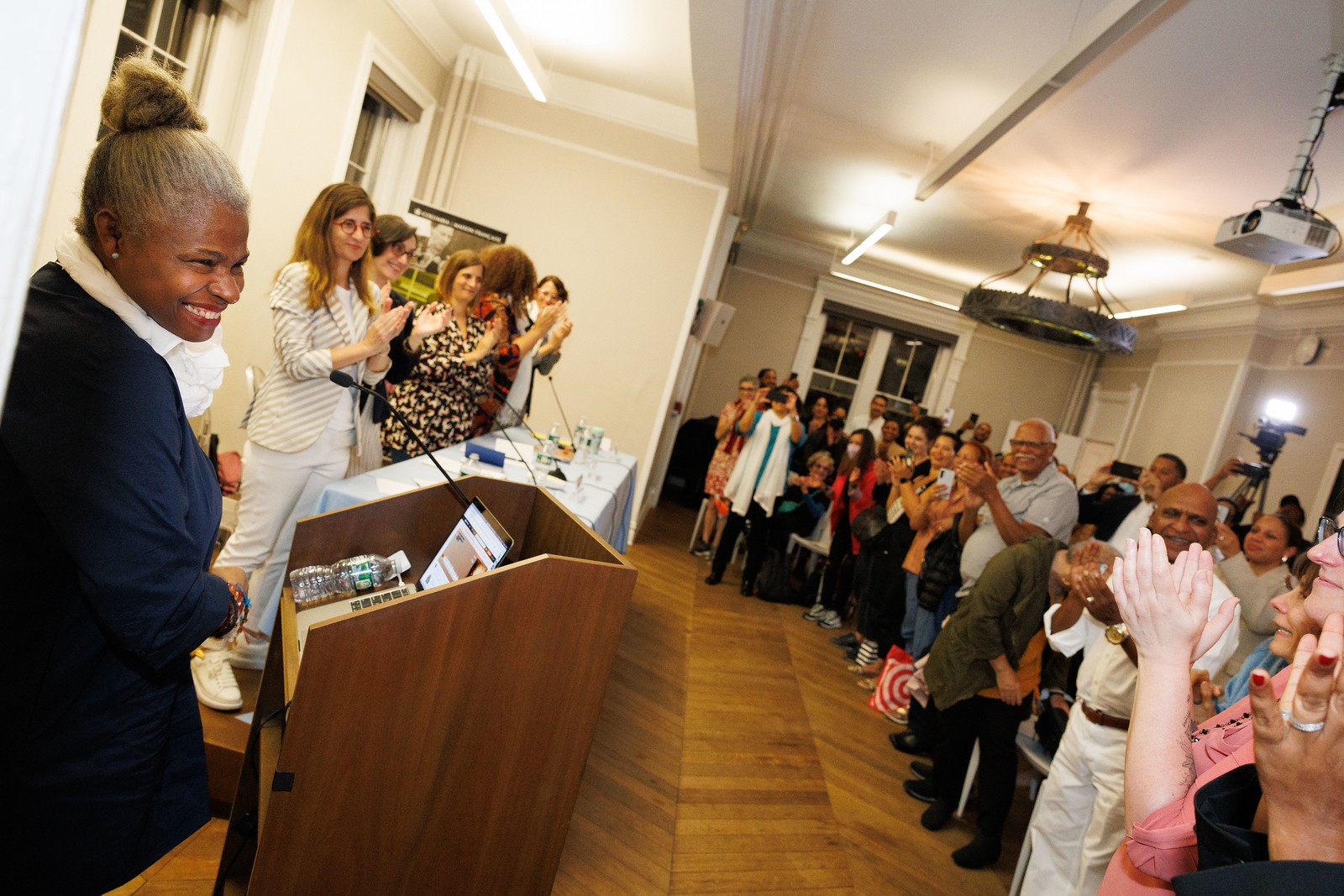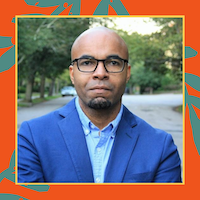Two Events Celebrate Latine Identity and Scholarship at Columbia
Recent events celebrated Josefina Báez’s life and work and explored Latine identity from the perspective of Columbia scholars and leaders.
ArteSana: Celebrating Josefina Báez
On October 5, community members and invited scholars came together for ArteSana, an event celebrating Columbia’s acquisition of the archive of Dominican writer, theater, and performer Josefina Báez. The program featured a roundtable discussion with prominent Latina artists and Latino studies scholars and closed with a performance and reading by Báez herself.
According to organizer Frances Negrón-Muntaner, who serves as Julian Clarence Levi professor in the humanities and curator of the Latino Arts and Activisms Collection at Columbia University’s Rare Book & Manuscript Library, “Báez is an artist who has transformed Latino, Black, and performance studies, and the acquisition [of her work] underscores the importance of Afro-Dominican women's contributions to global thought and New York's history.” The event title, ArteSana, was chosen intentionally, and it represents a transformative practice which enables both the artist and the audience to heal.
Scholars Reflect on Báez and Her Work
The panelists, four scholars whose career trajectories were influenced by Báez's work, attested to the multidisciplinary artist’s impact on their lives and their scholarship. Associate Professor of Latin American and Latinx Literature and Cultural Studies at Hostos Community College, CUNY, Inmaculada Lara Bonilla, noted the significance of adding the Báez papers to Butler Library, reminding the audience that the building's façade is engraved with the names of the white male philosophers. Liamar Durán-Almarza, associate professor of English at the University of Oviedo in Spain, reflected on twenty years of conversations with Báez about home, language, and identity. Lorgia García Peña, Professor of Latinx Studies at Princeton University, who was fifteen when she met Báez, spoke of the extent to which the artist’s methods shaped her academic career. Assistant Professor of Spanish/Latinx Studies at the University of Georgia Sharina Maillo-Pozo remarked on the power of “revolutionary silences” in Báez’s work.

Being Latine at Columbia: A Panel Discussion
On October 11, a panel discussion entitled Being Latine at Columbia convened in Butler Library for an audience of students and faculty. According to organizer Vicky Murillo, who serves as Professor of Political Science and International and Public Affairs and Director of the Institute of Latin American Studies, “The question of what it means to be Latine started last year with a conversation about humor in The Art of the Latinx Rant. Students from Latine student clubs have repeatedly brought up the issue of Latinidad, with questions about distinctions among those born in the US and in the region; those of different racial and ethnic heritage in the Latine community; those speaking different languages; and those having different trajectories.”
“The number and diversity of panelists speaks to Columbia's strides in recruiting Latino studies faculty over the last decade. The quality and breadth of the conversation demonstrated the importance of Latino studies and perspectives in all aspects of university life.”
Murillo assembled a panel of four scholars and one university administrator to provide insights about navigating their Latine identities at Columbia and in the broader academy. Associate Provost Adina Berrios Brooks noted that, as a Columbia undergraduate in the 1990s, she and panelist Daniel Alarcón took part in a student protest that occupied Low Library calling for the creation of an ethnic studies department. Almost thirty years later, Columbia has come a long way in diversifying its faculty and Berrios Brooks now has an office in that very building.
The panelists underscored the importance of community in identity formation—in finding safe spaces—and that their identities are constantly evolving.
In Their Own Words: Panelist Reflections
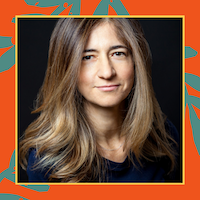
“Growing up in Puerto Rico, I was keenly aware of US colonialism. However, I was not taught Latin American history; I learned when I came to the US and encountered Latinos from every part of the hemisphere. Consequently, my work developed two foci: coloniality and Latino diasporas.”
Frances Negrón-Muntaner, Julian Clarence Levi Professor in the Humanities
“My last name (Small) confuses people. They think I’m African American, not Latino. In Panama, English last names are common, particularly among black Panamanians. No one outside of the US would care about this distinction or ask me how I manage my identity.”
Mario Small, Quetelet Professor of Social Science in the Department of Sociology
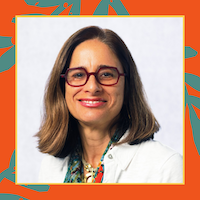
“Latinidad is not about authenticity within the individual; it develops in community, in shared experiences, and in embracing identities that emerge as a result of not fitting into clear categories.”
Maria Victoria Murillo, Professor of Political Science and International and Public Affairs; Director, Institute of Latin American Studies
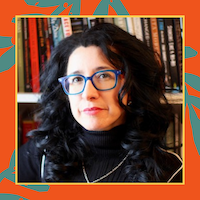
“When [Tejana singer] Selena died in 1995, Latinos came to know themselves, and assert their political and cultural force through gatheriing to mourn her. Collective mourning was a form of solidarity.”
Deborah Paredez, Associate Professor and Chair, Department of Writing; faculty in the Center for the Study of Ethnicity and Race
